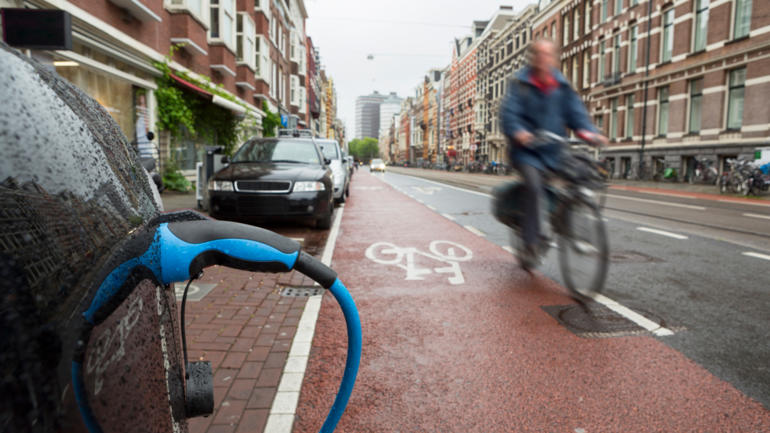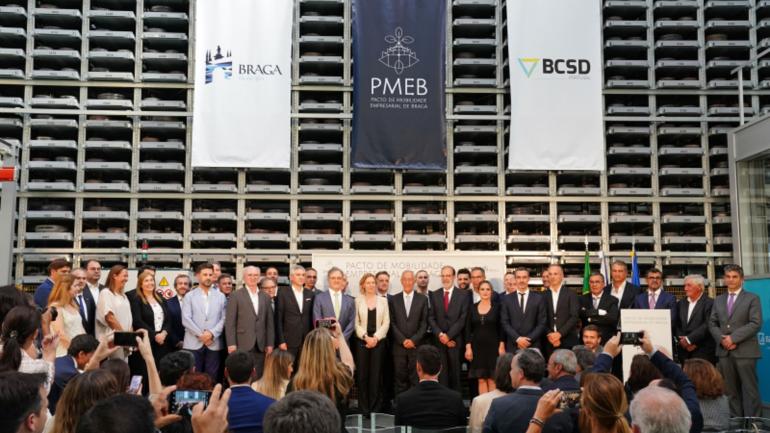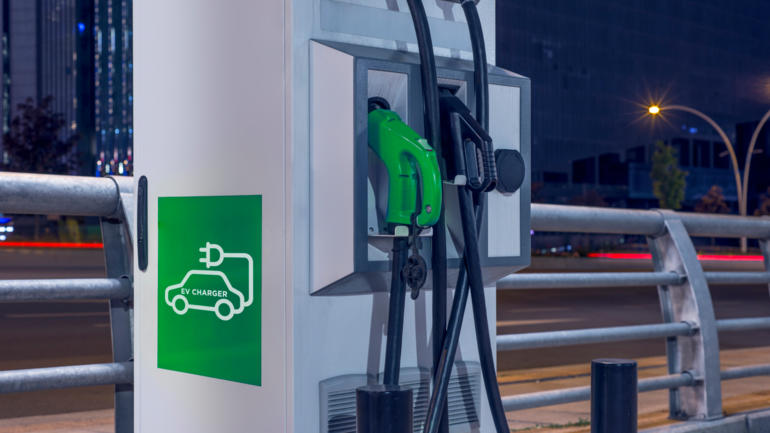Madrid, 3 December 2019: WBCSD today launched the “India Business Guide to EV Adoption” along with the Government of India and industry participants who came together to discuss India’s transition to sustainable mobility at the India Pavilion at COP 25 in Madrid.
WBCSD has been working with India’s EV value chain under its REmobility workstream since 2018. The collaboration engages most of the prominent companies from the EV supply ecosystem, as well as business and fleet customers that represent a mobility demand of over six billion kilometers a year.
The India Business Guide to EV Adoption is a product of this collaboration. The guide brings together practical experiences and expertise in EV fleet transition from a wide range of voices. It identifies three of the most scalable use-cases for business and EV fleet adoption in India: employee transport, platform-based ride-hailing and last-mile urban freight and deliveries. It aims to be a comprehensive guide for procurement managers, fleet managers and sustainability teams interested in EV adoption.
It is imperative that the transport sector in India is rapidly decarbonized to ensure a sustainable future. India is home to 22 of the world’s most polluted cities and road transport is a significant source of carbon emissions.
Replacing ICE vehicles with electric vehicles (EVs) in a country like India can have a significant impact on global decarbonization efforts. Accelerating EV adoption in India between 2020-2030 is critical in order to catch up with demographic growth.
The demand for vehicles (two, three and four-wheelers) is growing at a rapid pace. Indians bought 26 million new vehicles (including 3.4 million passenger cars) between April 2018- March 2019. The vehicle sales were mostly dominated by internal combustion engines (ICE). A slow transition could mean tens of millions of additional ICE vehicles on Indian roads.
While India is investing in public transport and infrastructure, urban mobility has become a major challenge in Indian cities – and has also become one of the most energy and pollution-intensive activities in the country.
Business has a critical role to play in transforming India’s urban mobility – both as manufacturers as well as fleet owners and operators. With Indian car ownership expected to grow by 775% over the next two decades, there is a clear business case for adopting EVs. Additionally, with declining technology costs, it is the right time for businesses to drive the transition.
The India Business Guide for EV Adoption is an important step forward in consolidating knowledge on the best ways for companies to begin making the switch to electric mobility today.








